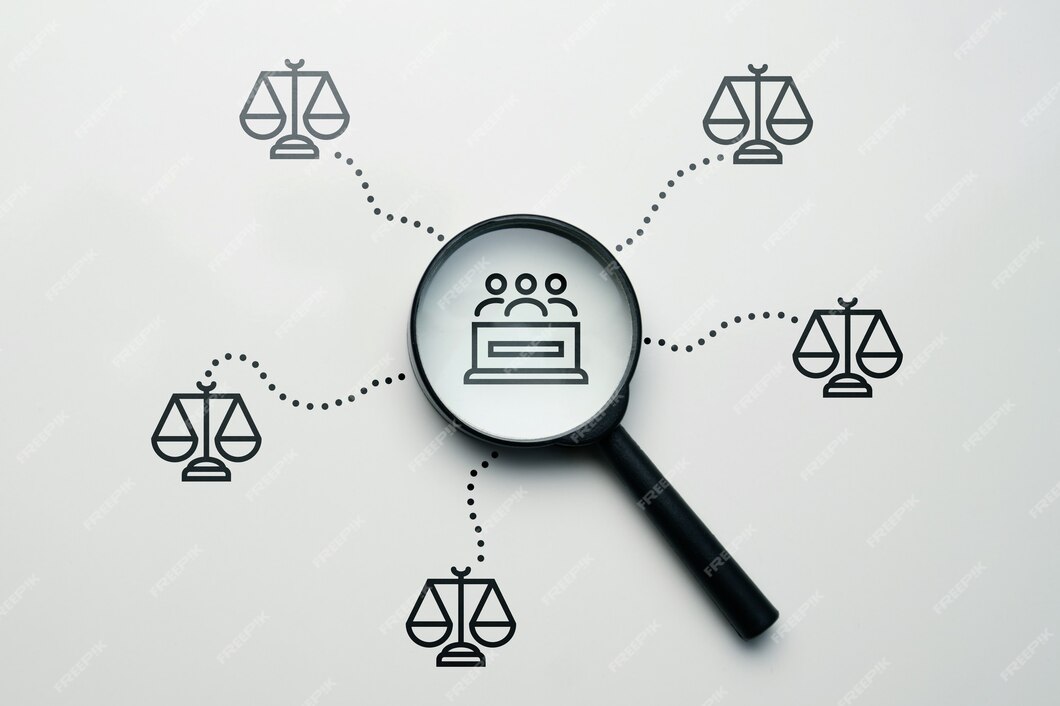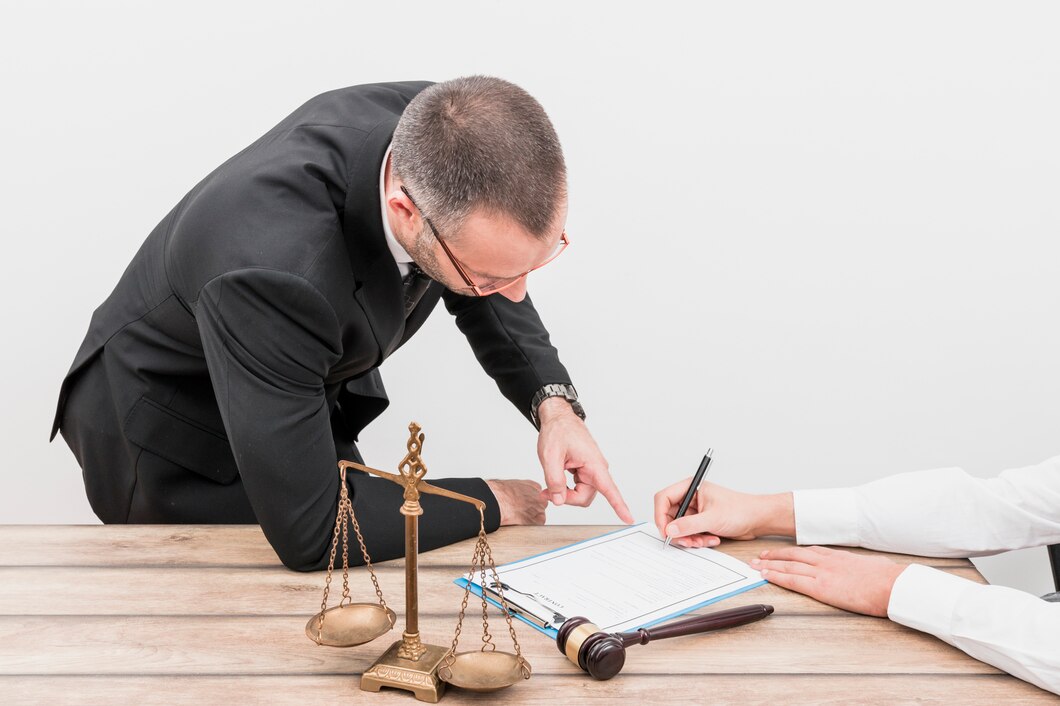Legal services are in demand in various fields: from transaction processing to court representation. However, in this market, not only honest professionals operate, but also fraudsters creating pseudo-legal companies. They promise clients help in resolving any legal problems, guarantee success, but ultimately either do not fulfill their obligations or worsen the situation.
Fake lawyers take advantage of the trust of citizens who lack sufficient legal knowledge. They offer fictitious consultations, issue fake documents, and extort money for unnecessary services. As a result, clients lose not only finances but also the opportunity to receive real legal support. To avoid becoming a victim of fraudsters, it is important to know their main schemes and ways to verify specialists before signing a contract.
Main Signs of Pseudo-Legal Companies
Although the methods of fraudsters may vary, they have a number of common signs:
- Lack of licenses and registration data. Real lawyers and attorneys must be listed in state registers, the information of which is publicly available.
- Promises of guaranteed success. In legal practice, it is impossible to predict the outcome of a case in advance, so 100% guarantees are a clear sign of fraud.
- Imposing prepayment without a contract. If a lawyer requires payment in advance but refuses to enter into an official contract, you should be cautious.
- Questionable contact details. If a company does not have an office and only mobile numbers or anonymous emails are listed on the website, this is a reason to doubt their reliability.
- Fake reviews. If all comments on the company's website are exclusively positive and lack specifics, they are likely fake.

Popular Fraud Schemes in Jurisprudence
Fake lawyers and legal firms use different fraud methods. The most common schemes include:
- Fictitious consultations. The client is persuaded to pay for an extensive explanation of their situation, but only general information is provided, which has no practical use.
- Selling fake documents. Fraudsters offer to issue contracts, certificates, powers of attorney that have no legal force. Using such papers can lead to serious consequences.
- Imposing unnecessary services. Pseudo-lawyers convince clients that they need additional procedures that are not actually required.
- Disappearing after receiving payment. After funds are transferred, fraudsters stop communicating, and their office turns out to be closed.
- Using the names of well-known companies. Some fraudsters create websites that mimic the pages of real legal firms, misleading clients.
- Fake court representation. Fraudsters may pose as lawyers and offer services for handling court cases but ultimately do not represent the client's interests.

How to Verify a Lawyer Before Signing a Contract
To avoid becoming a victim of fraudsters, it is necessary to check the legal company and specialists in advance. It is recommended to:
- Check for a license and registration. Official lawyers must be listed in registers available on government websites.
- Study real reviews. Reliable sources are independent platforms, forums, and organization verification services.
- Familiarize yourself with the contract. The document should clearly outline all service conditions, costs, and obligations of the parties.
- Ensure there is an office. Legal companies operate at an official address and are open to personal meetings with clients.
- Ask the specialist clarifying questions. A qualified lawyer can explain work details based on legislation.

What to Do If You Encounter Fraudsters
If a pseudo-legal company has already caused damage, a number of actions should be taken:
- Send a written claim demanding a refund.
- File a police report, attaching all available evidence (correspondence, contract, receipts).
- Report to professional organizations if fraudsters posed as lawyers.
- Leave truthful reviews on independent resources to warn other citizens.
- Contact real lawyers to assess the possibility of retrieving money through court.
- Check the company information in blacklists. Some organizations caught in fraud may appear in databases of unscrupulous firms.
- Inform the media and specialized communities. Sometimes public resonance helps speed up the investigation of such cases.
Fake legal companies continue to operate, taking advantage of citizens' trust. However, attentiveness, careful information checking, and knowledge of fraud schemes can help avoid deception.
 >
>